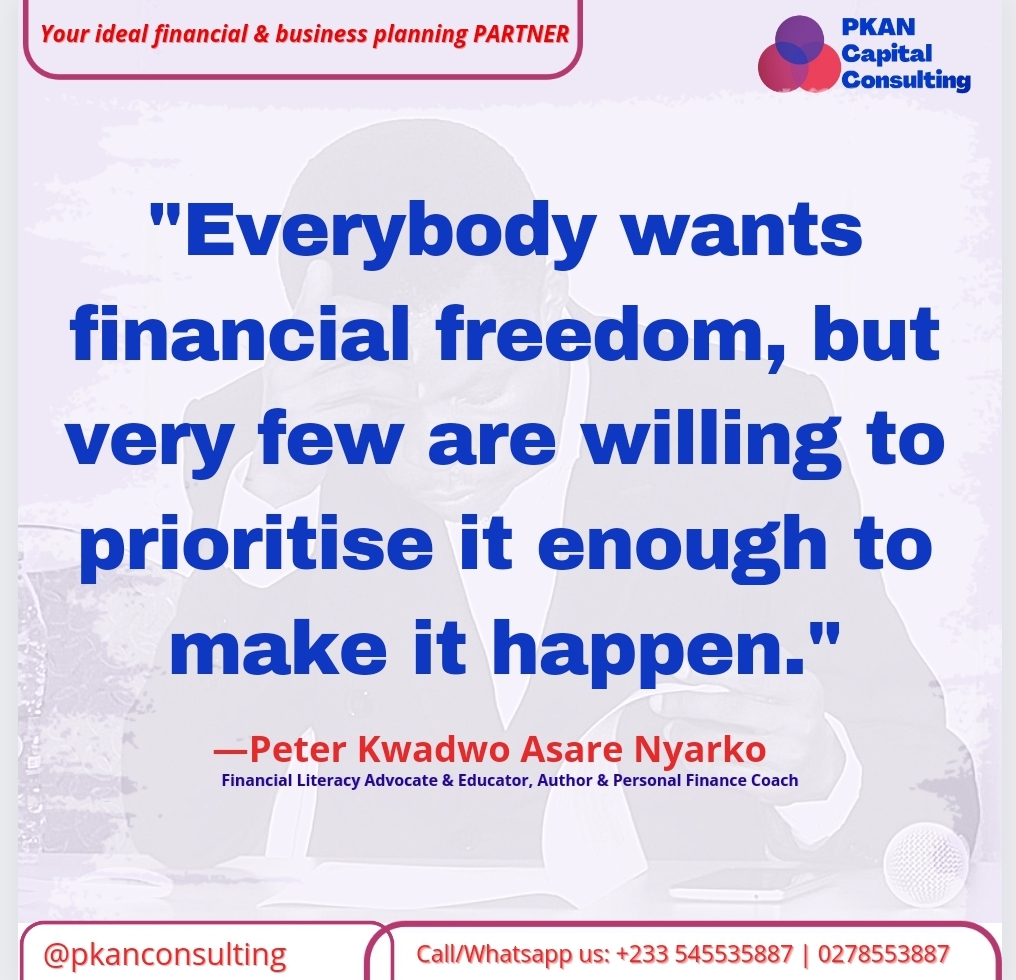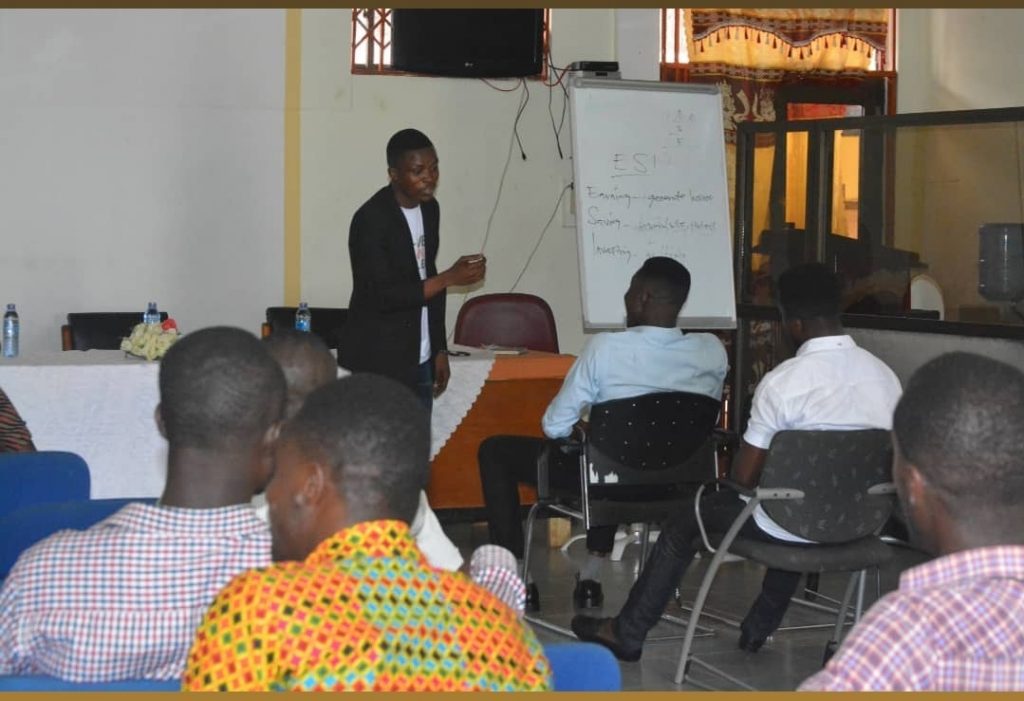Personal Financial Planning Goes Beyond Self

Personal financial planning; the process of managing your money to achieve personal economic satisfaction. Being “rich” or wealthy means different things to different people.

Some define wealth as owning many expensive possessions and a high income. People may associate being rich with not having to worry about finances or being able to pay bills. For others, being rich means they are able to contribute to organizations that matter to them.
How people get rich also varies.
Starting a successful business or pursuing a high paying career are common paths to wealth. However, frugal living and wise investing is also the best way to build wealth and result in long-term financial security.
In recent years, many have discovered that the quality of their lives should be measured in terms of something other than money and material items. A renewed emphasis on family, friends, and serving others has surfaced. Most individuals would like to handle their finances so that they get full satisfaction from each available cedi or dollar.
To achieve this and other financial goals, people first need to identify and set priorities. Both financial and personal satisfaction are the result of an organized process that is commonly referred to as personal money management or personal financial planning.
Personal financial planning is the process of managing your money to achieve personal economic satisfaction. This planning process allows you to control your financial situation. Every person, family, or household has a unique financial position, and any financial activity therefore must also be carefully planned to meet specific needs and goals.
A comprehensive financial plan can enhance the quality of your life and increase your satisfaction by reducing uncertainty about your future needs and resources. The specific advantages of personal financial planning include;
- Increased effectiveness in obtaining, using, and protecting your financial resources throughout your lifetime.
- Increased control of your financial affairs by avoiding excessive debt, bankruptcy, and dependence on others for economic security.
- Improved personal relationships resulting from well-planned and effectively communicated financial decisions.
- A sense of freedom from financial worries obtained by looking to the future, anticipating expenses, and achieving your personal economic goals.
We all make hundreds of decisions each day. Most of these decisions are quite simple and have few consequences. Some are complex and have long-term effects on our personal and financial situations. Personal financial activities involve three main decision areas:
SPEND
- For for daily living expenses
- For major expenditures
SAVE
- For recreational activities
- For long-term financial security
SHARE
- To provide local and global assistance to those in need.

To conclude “building wealth is not about you and your bank account alone, it is about how you can use that wealth to help others and fund projects that would further God’s kingdom and influence here on Earth and make the world a better place for all. The more money you have, the more you can give. And the more you give using godly principles of giving, the more likely you are to achieve true wealth in every part of your life, including finances.
It’s good for your bank account, it’s good for your soul, and it’s good for those on the receiving end of your giving. Everybody wins!
Personal finance planning goes beyond self.
Peter Kwadwo Asare Nyarko is a Financial Literacy Advocate and Educator, Personal Finance and Business Coach and Trainer.
Book Peter for Corporate Training, Public Speaking, Personal Finance and Group Financial Planning and Coaching, etc.
Email: peternyarko403@gmail.com pkan@cfleafrica.org pkanconsulting@gmail.com

Mimi Esi Abedua Acquah
January 17, 2022Good read, Peter.